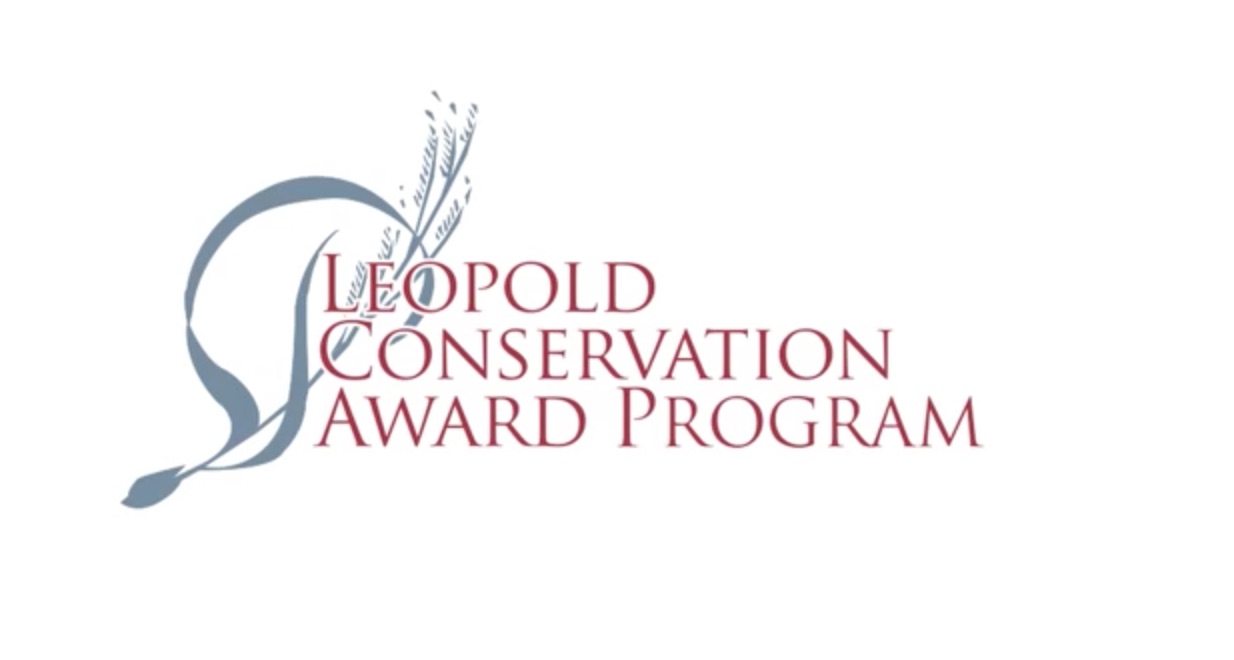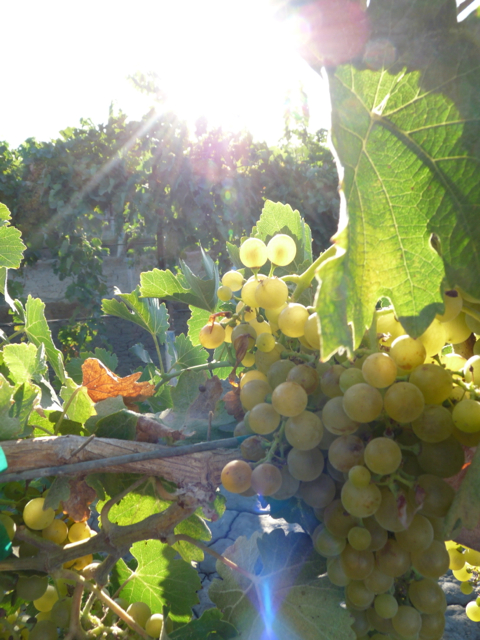Sustainable Conservation Works with Growers and Dairies to Solve Problems
Farmers and Sustainable Conservation Collaborate on Economic Improvements
By Laurie Greene, Editor
Sustainable Conservation helps California thrive by uniting people to solve some of the toughest issues facing our land, air and waters. Everyday the organization brings together business, government, landowners and others to steward the resources that Californians depend on in ways that make economic sense.
“We partner extensively with farmers in California on a variety of issues which focus on how to find, solutions that will solve the environmental issue, but also work economically,” said Ashley Boren, executive director, Sustainable Conservation, which has a home office in San Francisco as well as an office in Modesto.
“We work with the dairies in California to find manure management practices that work for the farm but also reduce nitrate leeching to ground water, to better protect groundwater quality.
“We help simplify the permeating process for landowners who want to do restoration work, maybe stream bank stabilization or erosion control projects,” Boren said. “We make it much easier to get good projects done.”
“We have a partnership with the nursery industry. This voluntary collaboration aims to stop the sale of invasive plants because fifty percent of the plants that are invasive in California were introduced through gardening, and the nursery industry has really stepped up to be part of the solution on that issue,” she said.
Sustainable Conservation is also doing a lot of work with groundwater. “We think there’s a real opportunity for farmers to help be part of the solution in sustainable ground water management. We are particularly focused on how to capture flood waters in big storm events, and how to spread the water onto active farmland as a way of getting it back into the ground,” Boren said.
Boren noted that she has partnered with the Almond Board of California and other grower associations regarding floodwater management. We actually have a pilot program with Madera Irrigation District and Tulare Irrigation District on helping them with some tools, as well as developing some tools together with them, that will help them figure out how to optimize groundwater management in their basins.














